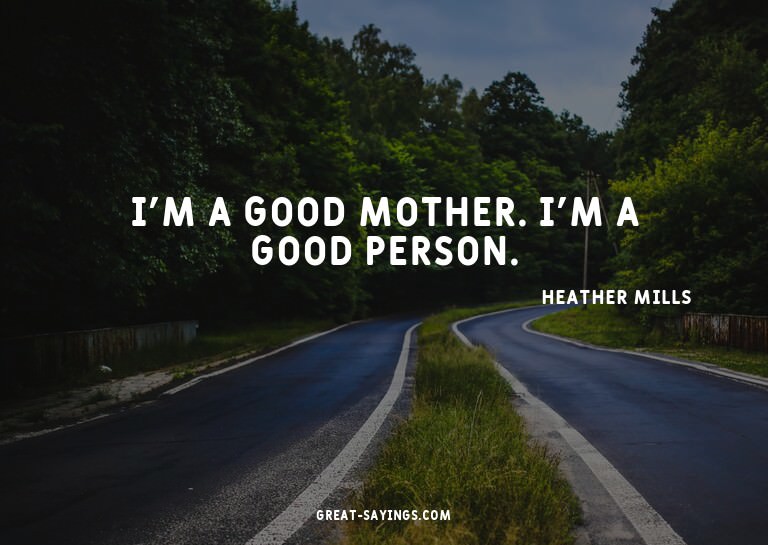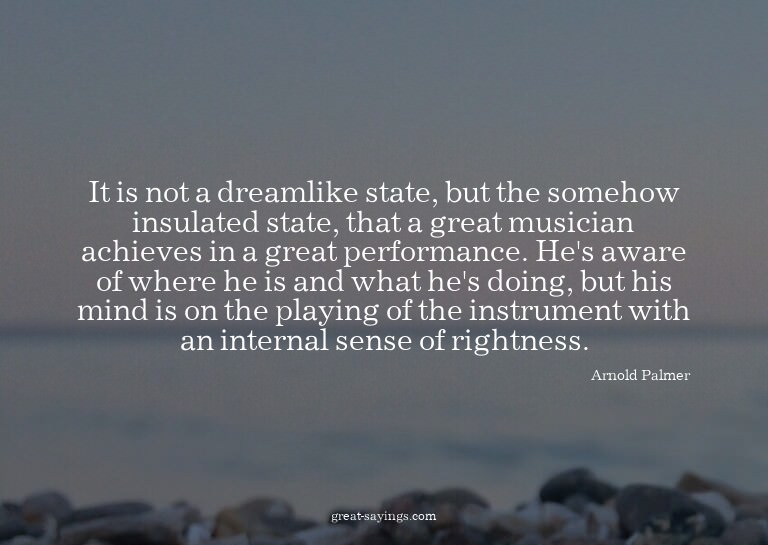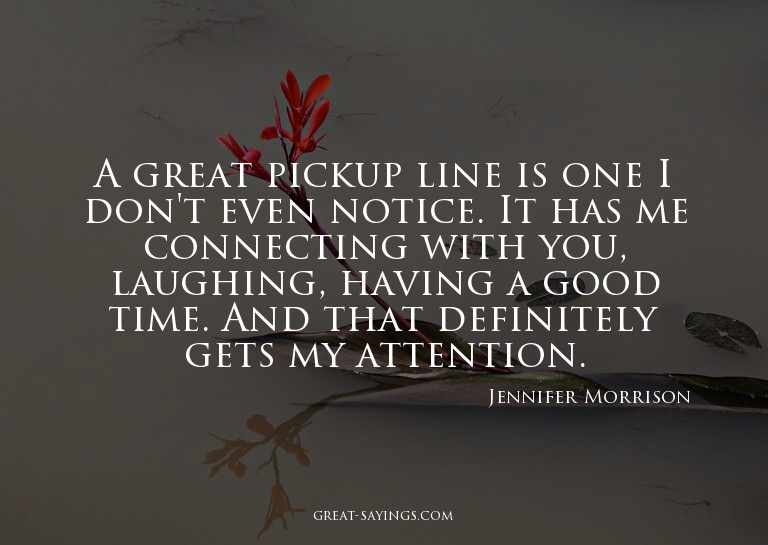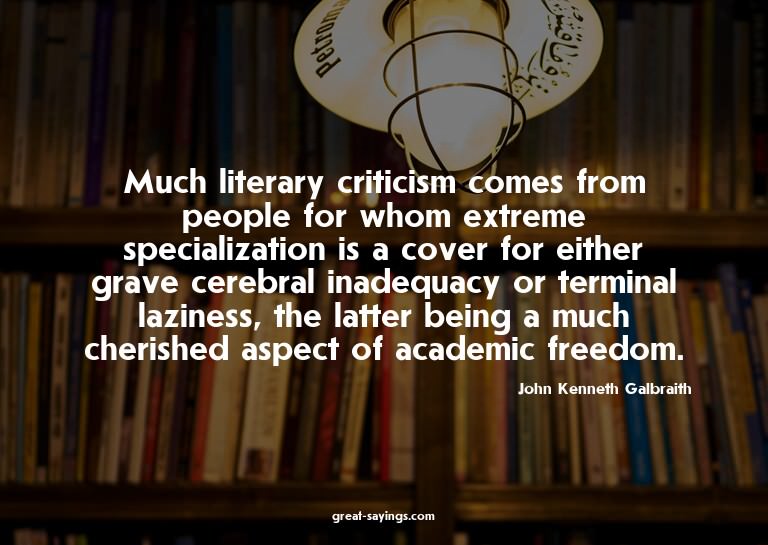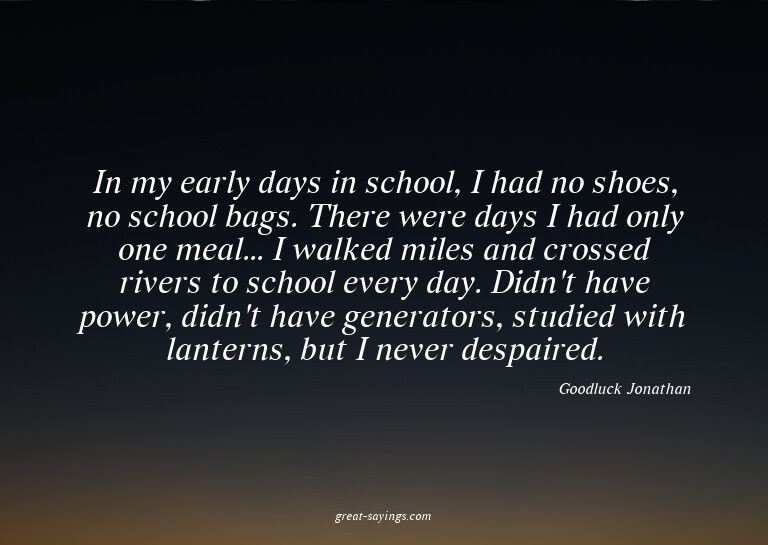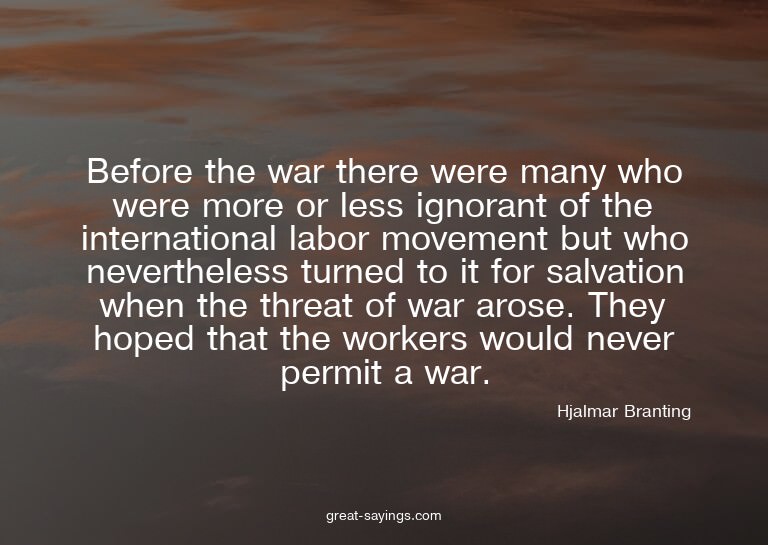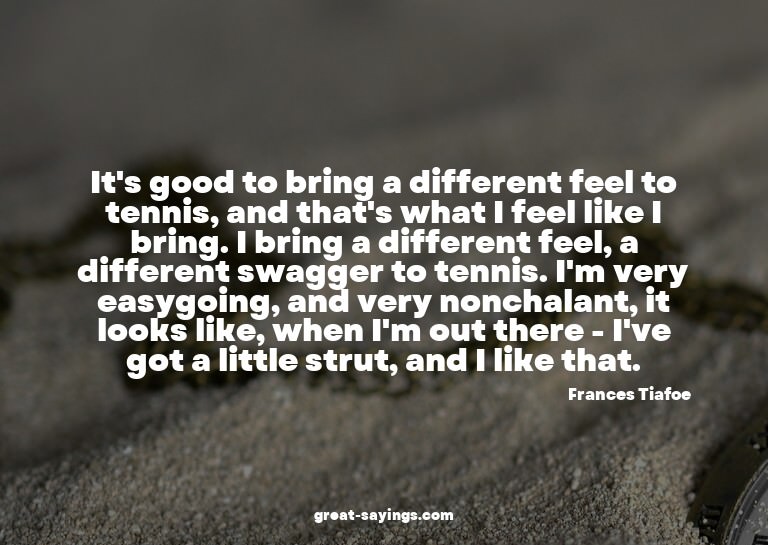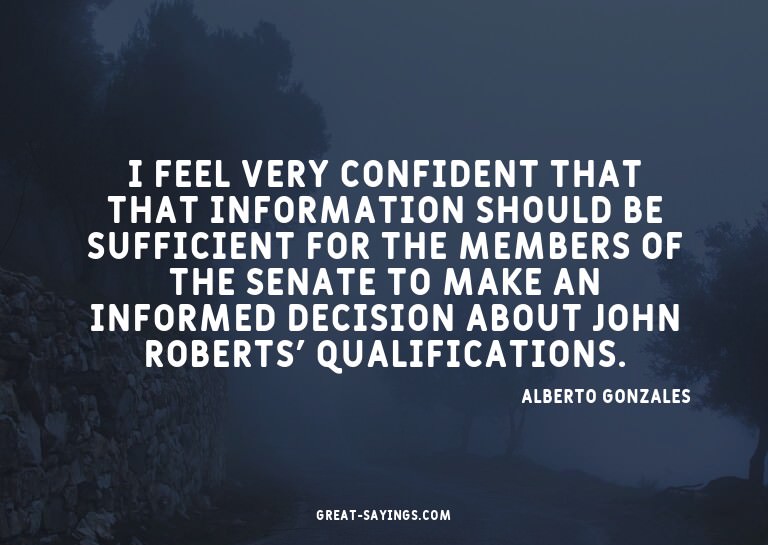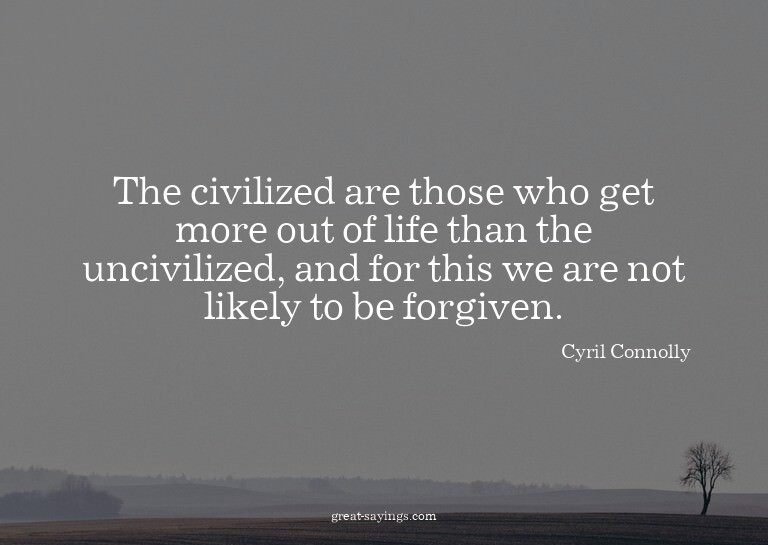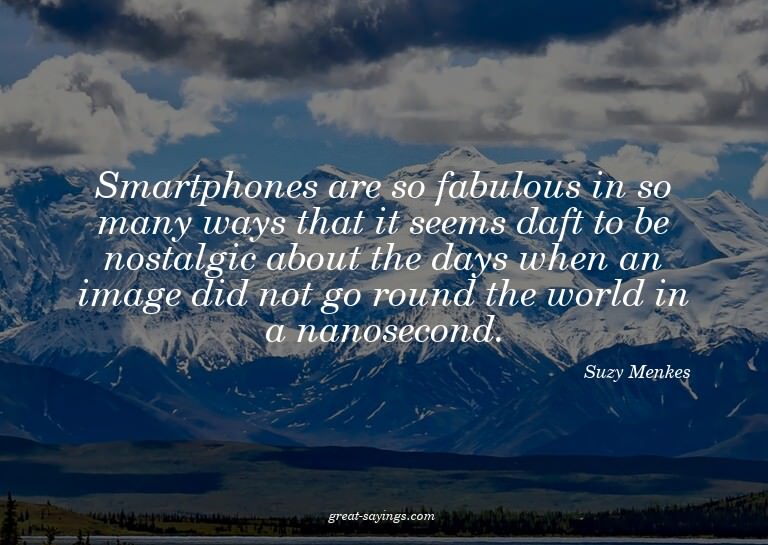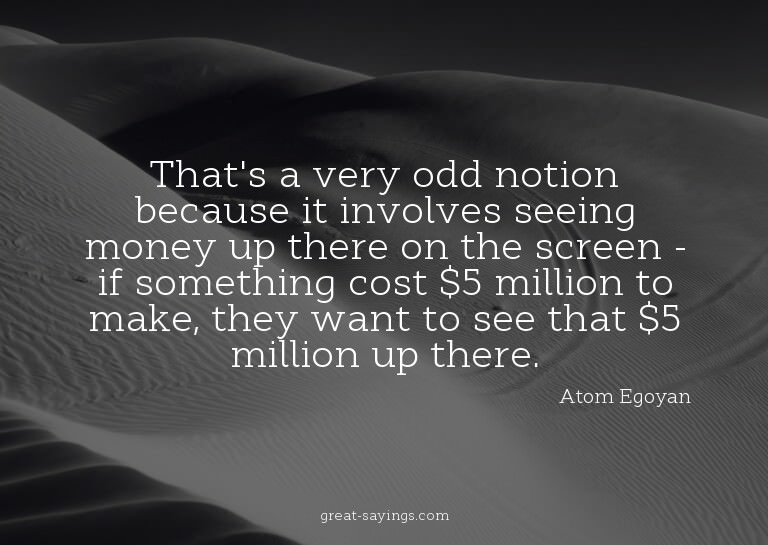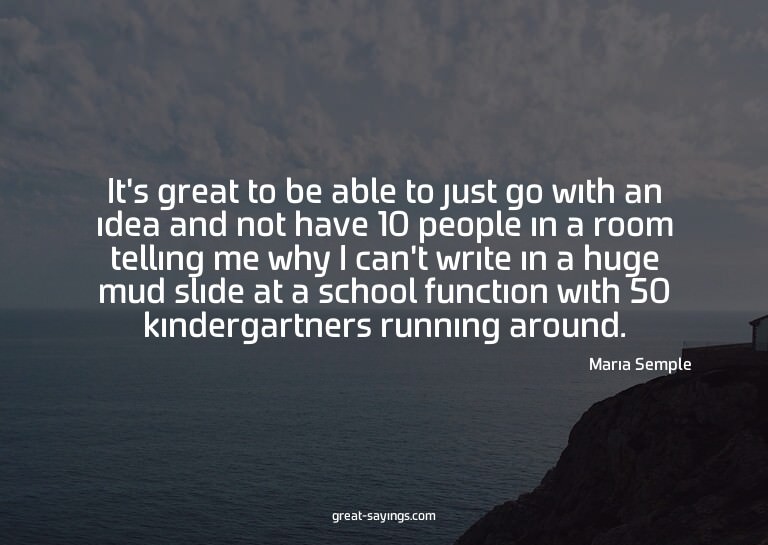Words matter. These are the best Streaming Quotes from famous people such as Maren Morris, Jonas Blue, Scott Weiland, Joe Budden, Jason Katims, and they’re great for sharing with your friends.

I love listening to the radio because there’s something about that discovery, that platform, still being the main medium. And it is changing with streaming services, but I like to listen to what people are listening to and figure out why is this song so catchy.
I come from the streaming world, so the changing trend of consuming music that way is positive for me.
For the most part, rock fans don’t go and buy CDs any more, very rarely. It’s pretty much about downloads and streaming.
I couldn’t tell you what the standing is in radio, I’m in the streaming world. I’m in the podcasting world. Radio just sounds archaic almost. It’s a never-ending battle. I’m so glad I’m retired so I don’t have to see the nonsense.
What’s great is that I keep hearing from people who are discovering ‘Friday Night Lights’ because of streaming and Netflix and Hulu and all of these things. Somehow… things don’t get old as fast as they used to. They stay vibrant.
Consumers are looking for those trusted brands to help with search and discovery and streaming content choices.
The stigma that used to exist many years ago, that actors from film don’t do television, seems to have disappeared. That camera doesn’t know it’s a TV camera… or even a streaming camera. It’s just a camera.
I used to watch TV in the days that I was on TV. But in that time, streaming has come along. So I can honestly say, I have no idea what’s on real-time TV.
People are experimenting with streaming, with subscription services, whether it’s a Spotify or a Pandora or a Rdio.
The idea of a streaming service, like Netflix for music, I’m not totally against it. It’s just we won’t put all of our music on it until there are enough subscribers for it to make sense.
You have to make time for fans, and you really need to appreciate them. You have to remember that if they weren’t buying, playing, or streaming your music, you wouldn’t be in the charts, and people wouldn’t be hearing your music.
There’s a widening of an idea of what a TV show can be or how it can be told, and that’s partially in the diversity of the creators and the stories. Because there are so many new networks and streaming services popping up every day that need more content, there are more opportunities to take risks.
The more we can personalise, the more the market can fragment, because of all the availability that streaming presents. Things become old sooner. That’s terrifying.
It turns out that all Netflix streaming peak on Saturday night can fit inside a single fiber optic, which is the size of one human hair.
Streaming TV shows, movies, and other types of video over the Internet to all manner of devices, once a fringe habit, is now a squarely mainstream practice. Even people still paying for cable or satellite service often also have Netflix or Hulu accounts.
It felt as if things were literally slipping through my fingers. Things were just streaming away from me. I lost my sense of humor. I’m still looking for that.
I think overall, and this isn’t specific to Spotify or any streaming service or any label… when you consider the overall value chain of the music industry and how important the songwriter is to the business – I think there needs to be another look at the value chain.
With Caavo, you don’t have to know the device name, the network name, the service name. Just which show you want to watch, regardless of whether it’s live, recorded, downloaded or streaming.
I really enjoy working, you know, on streaming outlets because there’s so much creative control for the creators of the shows, and, you know, you’re allowed to make such great television.
I’ve really enjoyed working together with Apple to help launch their new streaming service. It is really cool to see Apple getting involved.
It’s incredible that Apple is launching a streaming service with an ode to broadcast TV.
I’m all for streaming, and I do think it’s thrilling that a gazillion people can see our film the day it drops. On the other hand, I’m a fierce believer of the theatergoing experience. My hope would be that films can be enjoyed in both ways, that there’s room for both.
There was a time when I didn’t find a single, interesting Hindi TV show to watch, and ended up binging on American TV. Now, with online video streaming services, one is spoilt for choice, and it’s getting better in terms of the wide variety of content to satisfy the diverse tastes of its audience.
People imagine that Netflix sprang fully formed into a global streaming giant, but Netflix might have been personalised sporting goods – or customised shampoo – or even pet food, since these were all ideas that I pitched Reed Hastings in those first months.
We make movies to be watched in theatres. Online streaming is more of a bonus, to revisit the film.
I was always kind of against streaming, but I’ve been traveling so much, and I usually carry a huge hard drive of digital music with me, but I haven’t had time to deal with it, so I’ve been doing streaming. And I had this incredible breakthrough of weightlessness where I’ve really been loving streaming music.
I just got a Filmstruck account so I can watch all of those Criterion movies streaming. I’ve been nerding out about that.
It is clear that for many of our members two websites would make things more difficult, so we are going to keep Netflix as one place to go for streaming and DVDs.
I think streaming works a lot better from an app.
We don’t want to be part of some Tidal ‘streaming revolution,’ nor do we want to be Taylor Swift and be anti-it.
Apple, iTunes, and streaming services have made the single a more easy thing to access. What that’s done has made the album as a collection of songs almost meaningless. But an album that has a concept or story or reason to be an album, if anything, has more meaning now than it ever has.

Of course I catch up on the odd Malayalam and Tamil movie on streaming platforms once a while.
I like to think of Everest as a great mountaineering challenge, and when you’ve got people just streaming up the mountain – well, many of them are just climbing it to get their name in the paper, really.
On Netflix and other streaming services, they’re taking risks that are based on ‘Come with us! Come with us!’ and the audience does.
Sure, we all like listening to music on vinyl, but that doesn’t mean streaming music on Spotify is bad.
There is something about a live performance that you just cannot replicate anywhere else. Live streaming has been wonderful but it’s just not same as sitting there and experiencing that electricity, with a group of other people that you don’t even know and all being brought together.
Podcasting is not really that different from streaming music, which we’ve done for quite a long time. Having a traditional podcast that people subscribe to – the hype is ahead of the quality. Podcasting is essentially a download, and you run into copyright issues. What you’re left with currently is podcast talk radio.
I don’t get tons of scripts to be looking at and deciding on in terms of feature films; the industry has changed. Fortunately, with television and streaming and original series online, there’s this whole new thing that has opened up, which I think is fantastic.
With streaming services, the walls have come down a bit on genres. So I never really set out to make a country record or a pop record. I just wanted to make it mine.
I am really excited at being the face of Hotstar in AP and Telangana because it is a streaming service that I use very often, and the brand is very young and edgy.
Streaming services are very important.
The way streaming is going, this movement in the market of music would suggest that doing a long-form project, especially for a new artist like me – someone who relies on a lot of digital following – it would make more sense for me to release the songs individually.
I need to know how many records I’ve sold, how many album equivalents from streaming, which territories are playing my music more than others, because it helps me in conversations about where we’re gonna be playing shows or where I might open a retail location, like a pop-up store or something.
The larger streaming grows, the less money there will be to get the music out there, which, to me, is the sad part.
With streaming, everything is focused on singles. That means an artist’s depth doesn’t have the chance to shine through.
With streaming concerts, we can all be together at the same time: the whole world, all at once, can be sitting front row from wherever they are in the world.
As the streaming wars escalate in 2020 with all these services, we have one of the largest live audiences of millennials who are watching a streaming program – so obviously, there’s a lot of synergy there.
Our generation is the most cinematically saturated of all time. Videotapes, DVD’s, streaming… Spielberg… all of it has thrust us into an endless loop of consumption.
With our work at Kazaa, we began seeing growing broadband connections and more powerful computers and more streaming multimedia, and we saw that the traditional way of communicating by phone no longer made a lot of sense.
When streaming came out years ago I loved it. I loved having an audience, I loved chatting away and looking at a live chat and now on Twitch you can actually get a career at it.
Pages: 1 2

